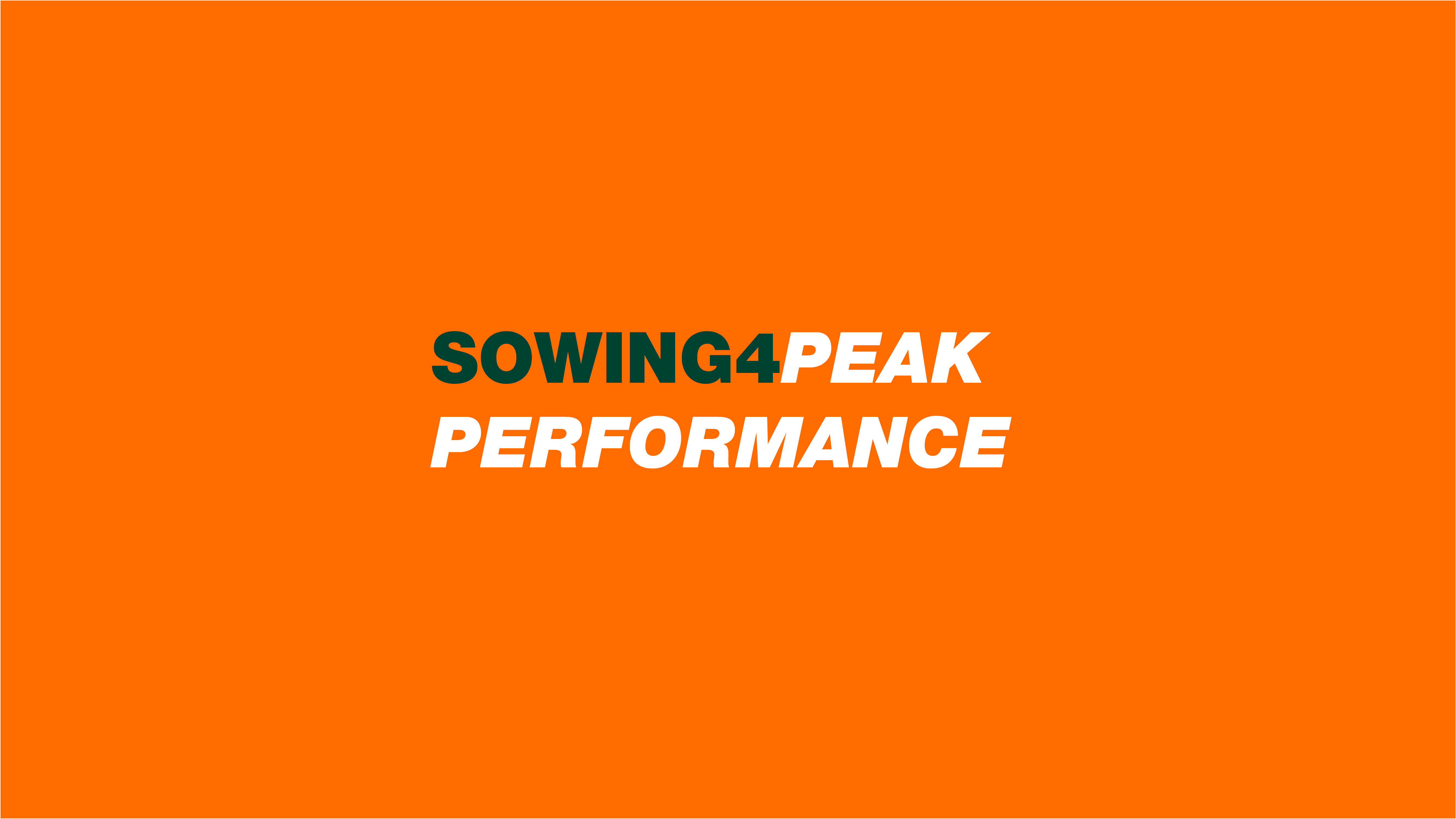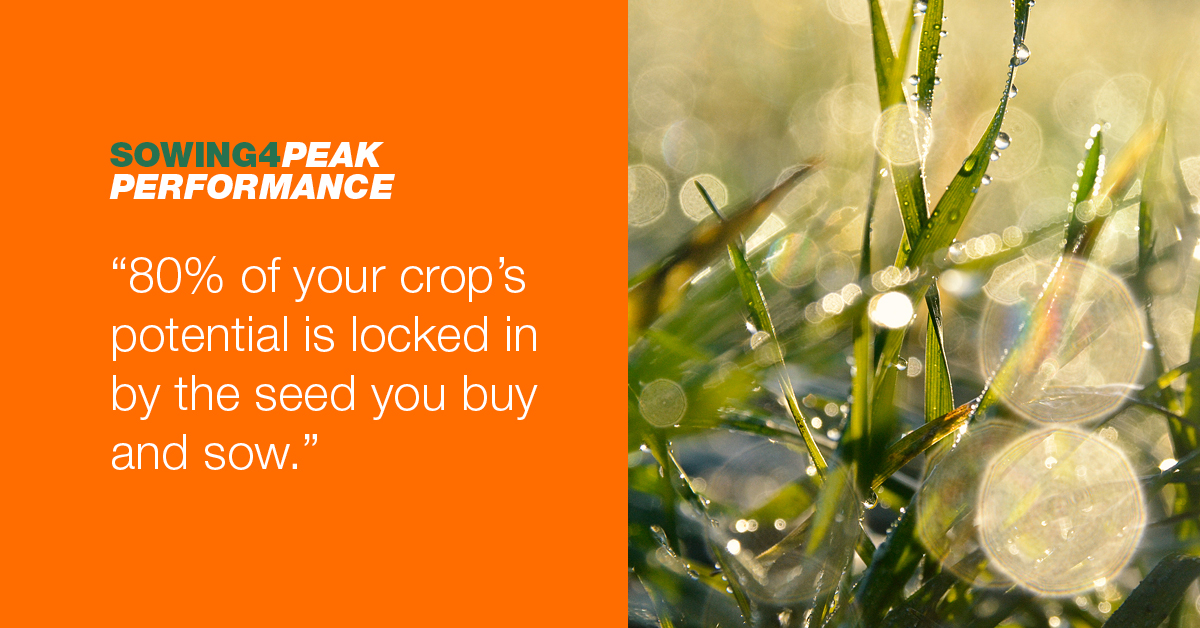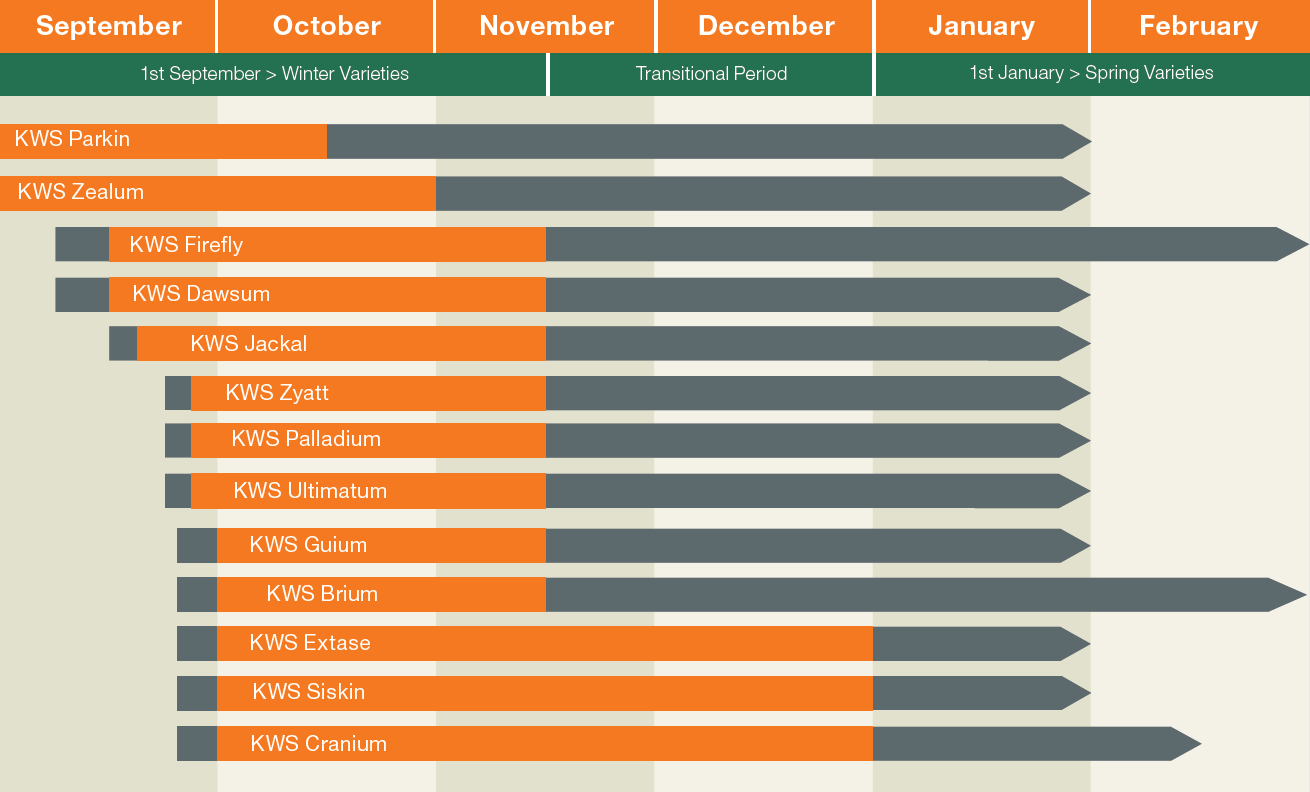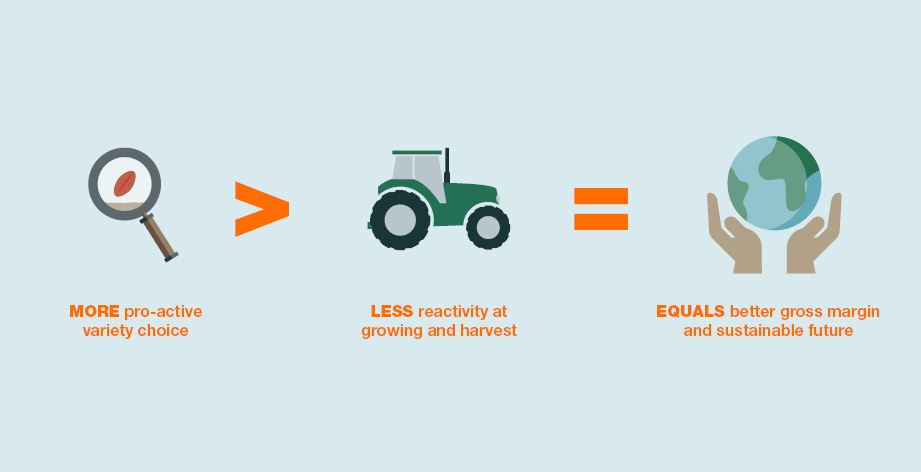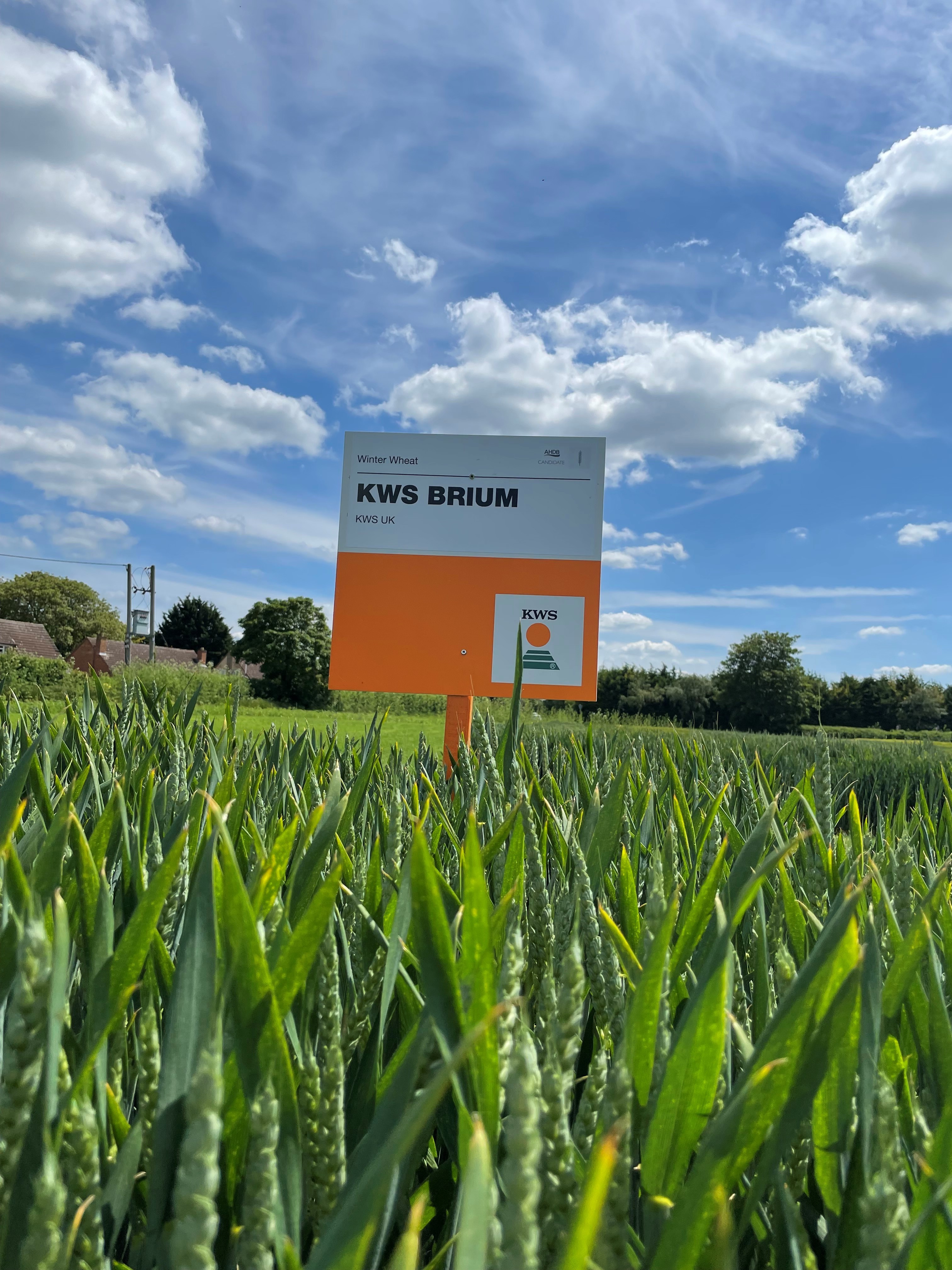What is Sowing for Peak Performance?
Why do we need Sowing for Peak Performance?
1. The breadth of chemical crop protection options are disappearing fast either because of legislation or declining effectiveness. The chemistry that remains, and new chemical introductions, will be increasingly exposed to a build-up of resistance.
The loss of the less expensive, older chemistry will mean an increase in input costs and a rise in the cost of production.
2. There is growing pressure to find sustainable ‘green’ and cost-effective solutions. Variety genetics are continually improving and will play an ever-increasing role in sustainable crop production.
3. Diseases are becoming more aggressive and a wetter, milder climate means diseases are active for more of the growing season. Making good use of a plant’s natural resistance to keep crops clean of disease and protect yield potential will become central to how you manage crops efficiently and effectively.
4. Seed represents a very minor cost of production when compared with other costs such as chemical, labour and fuel. When a variety’s potential is fully exploited, the return on investment will outperform that of any other input.
5. Many farmers focus on yield without considering the management attributes that define a variety’s character. Consequently, you may fail to make the most of the variety’s full potential.
How important is variety choice?
Variety Attributes either heavily influenced or fixed at sowing
- Drilling window
- Yield potential
- Disease and pest resistance
- Rotational performance
- Local market
- Regional performance
- Straw stiffness & standing power
- Harvest timing
- Fixed price/futures selling strategy
- Grain quality
Variety attributes that can be influenced after sowing
- Final nitrogen strategy
- Final chemical spend
- Spot marketing strategy
It’s a simple truth that 80% of the potential crop production you are likely to see is in-built in the seed you drill.
You can influence it to a degree by good management, how much nitrogen you apply and the standard of your agronomy, but fundamentally what you will get from a yield and quality perspective is locked in when you make that variety decision.
The graphic below is designed to advise you on our wider portfolio of wheats and when each variety should be sown to achieve its optimum performance.
The bars indicate each wheat optimum drilling time, where orange represents the variety's Sowing for Peak Performance period and greys shows the full window of suitable sowing times.
So how can SPP help me today?
Savings in:
- Time management
- Machine hours
- Fungicides
- Herbicides
- Insecticides
- Diesel
Benefits to you:
- Better plant health
- Improved soil quality
- Reduced carbon footprint
- Increased output = extra tonnes
- Higher chance of better quality to attain premiums on offer
Your consultants

